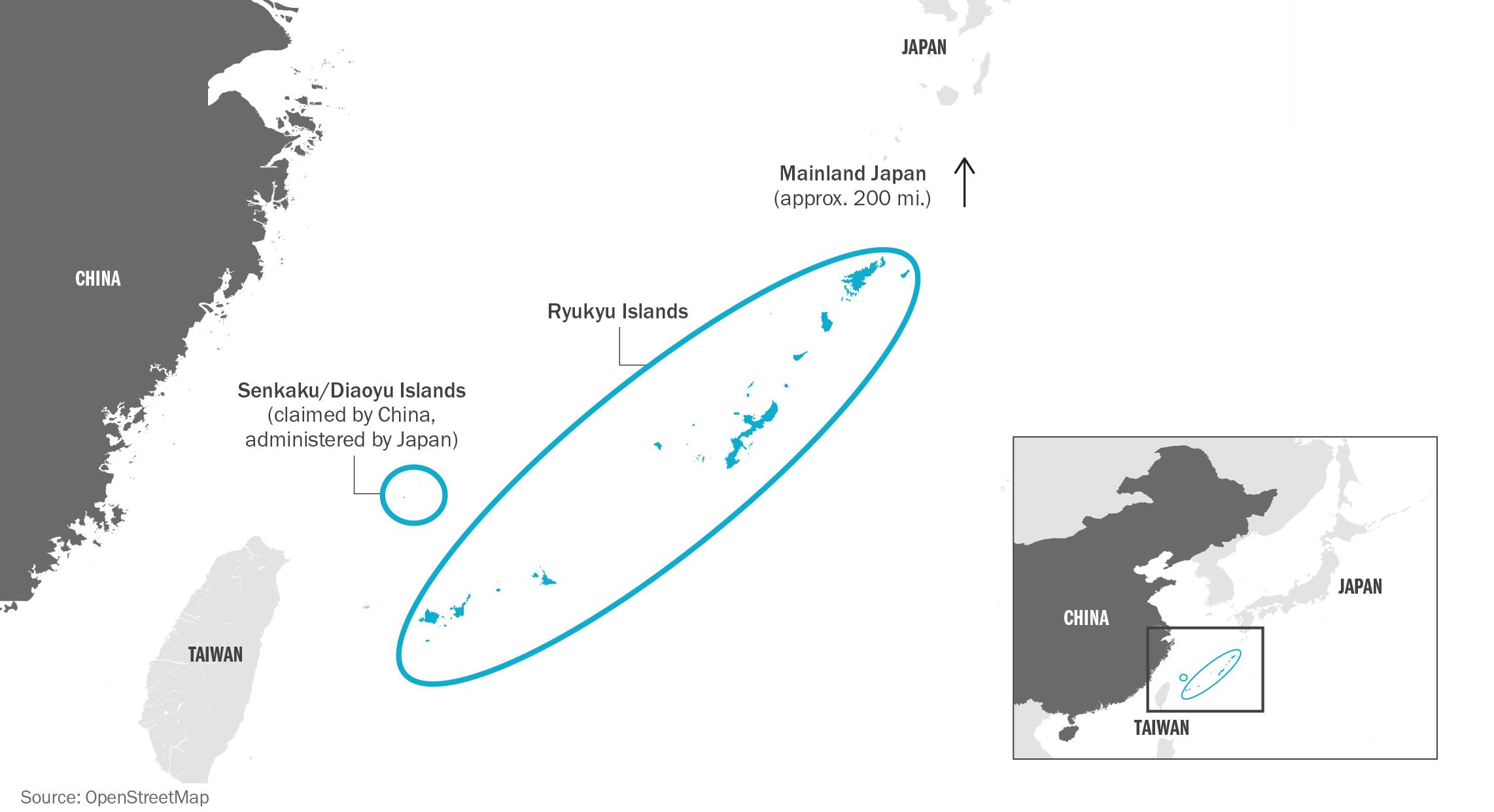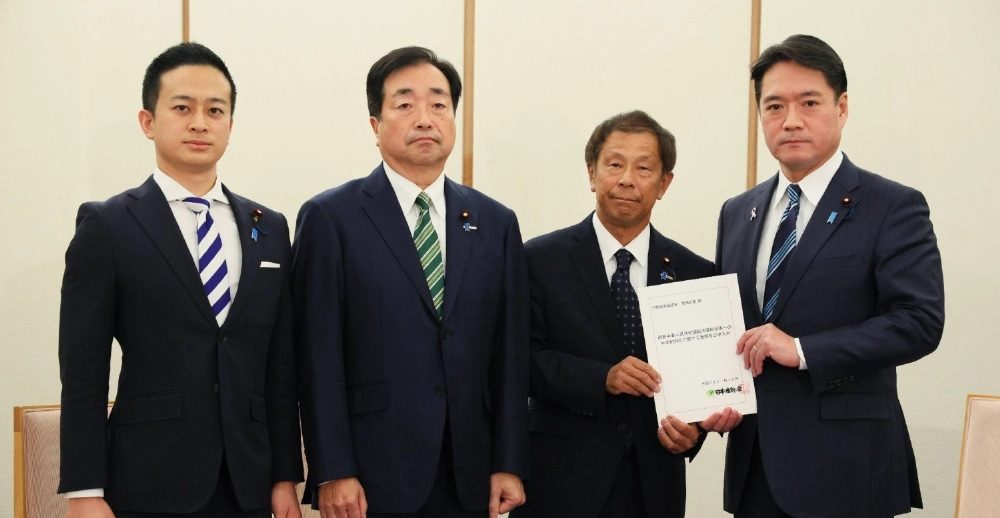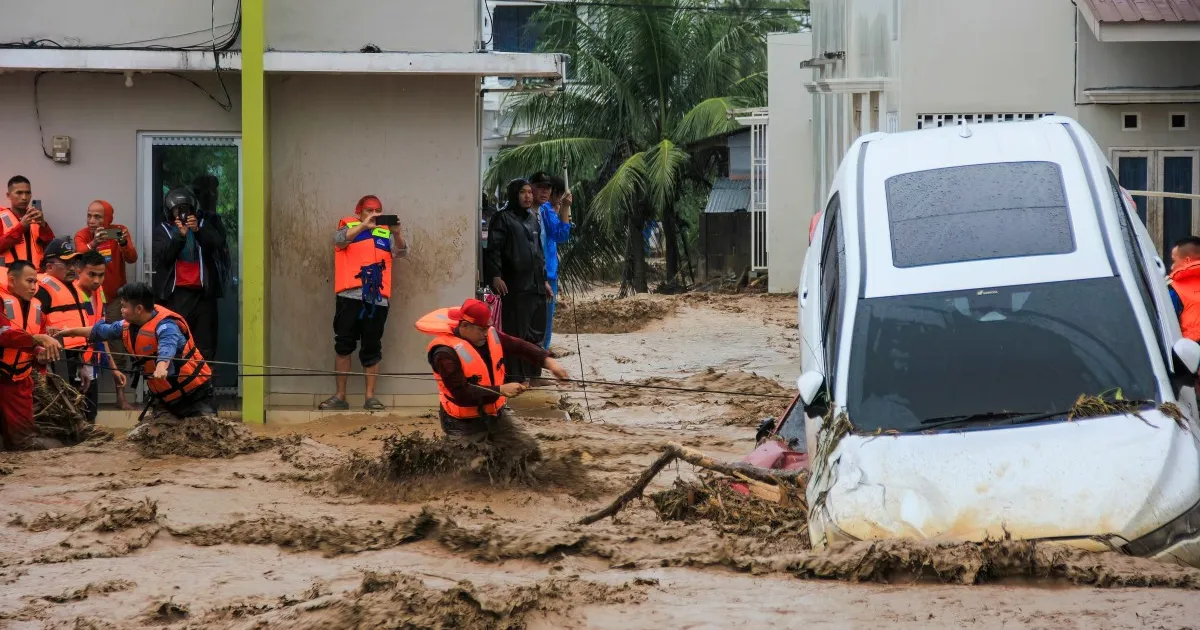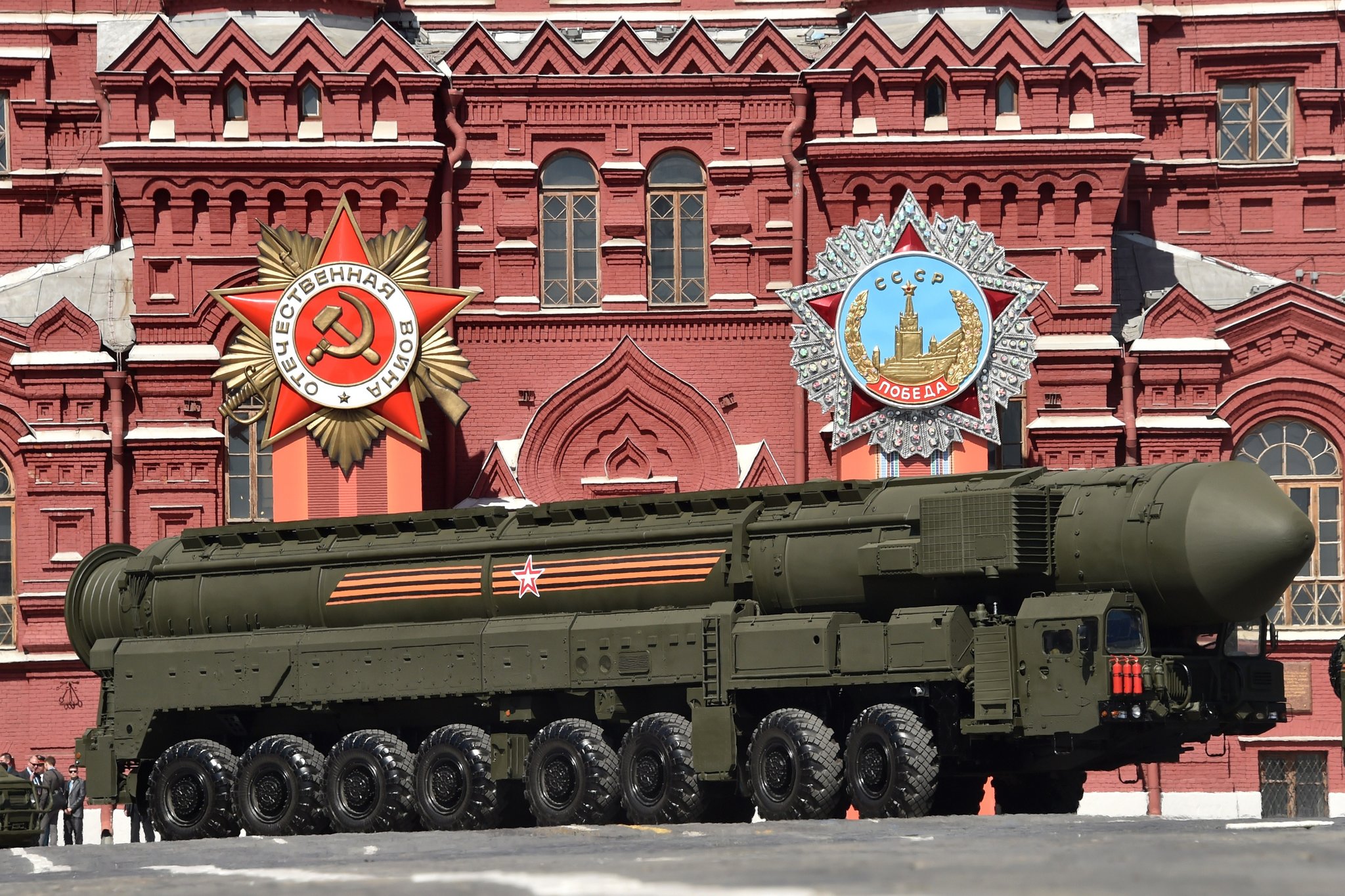China Warns of Military Response if Japan Intervenes in Taiwan Crisis

Rising tension over Taiwan and Japan’s new security posture
Beijing has issued one of its sharpest warnings in years to Tokyo after Japanese Prime Minister Sanae Takaichi suggested Japan could intervene militarily if China uses force against Taiwan. A Chinese Foreign Ministry spokesperson said any Japanese military involvement in a Taiwan contingency would be treated as “an act of aggression” and answered with a firm military response. The comments underscored how quickly tensions have escalated since Takaichi’s remarks, which were framed in Tokyo as a defence of regional stability and alliance commitments.
The warning was followed by diplomatic retaliation in Beijing, where Vice Foreign Minister Sun Weidong summoned Japan’s ambassador to lodge a formal protest. Chinese officials accused Japan of “grossly interfering” in internal affairs and undermining the political foundation of bilateral ties. In Tokyo, government spokespeople argued that the prime minister’s comments reflected Japan’s growing security concerns over Chinese military activity near Taiwan and the East China Sea. Officials also stressed that any action would remain within the bounds of international law and Japan’s pacifist constitution, which has been reinterpreted in recent years to allow limited collective self-defence.
Domestic political dynamics in both countries are sharpening the rhetoric. Takaichi, Japan’s first female prime minister, has built a reputation for taking a tough line on China and for promoting a more assertive defence posture. Her supporters say clearer red lines are needed to deter any miscalculation over Taiwan, which sits at the heart of Japan’s sea lanes and semiconductor supply chains. Opposition parties, however, have warned that overly blunt language risks drawing Japan into a conflict it is not prepared to fight.

In China, the leadership has repeatedly framed Taiwan as a “core interest” and has stepped up air and naval patrols around the island. State media portrayed Takaichi’s remarks as proof that Japan is aligning more closely with the United States in an effort to contain China. Analysts in Beijing say the strong wording is meant to dissuade Tokyo from backing any U.S.-led response during a future crisis, while also signalling resolve to domestic audiences.
Regional partners are watching closely. South Korea and Southeast Asian countries, many of which rely on both Chinese trade and U.S. security guarantees, fear a misstep could destabilise vital shipping lanes. Washington has not commented in detail on Takaichi’s remarks but continues to emphasise peace and stability in the Taiwan Strait. Security experts say the episode underlines how political statements, rather than direct military moves, can quickly tighten the strategic temperature in Northeast Asia.
For Japan, the dispute comes as it boosts defence spending and pushes new security legislation through parliament. The government argues that missile threats, cyberattacks and grey-zone pressure from regional powers require faster decision-making and closer military cooperation with allies. Critics counter that without clearer crisis-management channels with Beijing, each new speech or policy paper risks being interpreted as provocation.
Subtle signals from both capitals will now be closely parsed. Japanese diplomats have tried to calm the situation by stressing that policy has not fundamentally changed, while Chinese officials have hinted that further “countermeasures” remain on the table if Tokyo does not clarify its stance. The Taiwan question, long considered a flashpoint primarily between Washington and Beijing, is increasingly pulling Japan into the centre of the strategic equation.

Strategic stakes for Asia’s security order
The latest flare-up comes at a moment when the broader regional security architecture is already under strain. Japan has deepened defence cooperation with the United States, Australia and the Philippines, framing the network as a way to preserve a “free and open Indo-Pacific.” China views these moves as an emerging containment ring and has responded with joint drills with Russia and more assertive patrols near disputed waters.
Taiwan remains the most sensitive point of friction. Any conflict would have immediate implications for global trade, as a large share of the world’s container traffic and advanced chips pass through or originate from the island and nearby routes. For Japan, a crisis could threaten energy shipments and expose remote southwestern islands to direct military pressure. For China, preventing what it sees as foreign interference in unification efforts is tied to national pride and political legitimacy.
Diplomats and analysts argue that more robust crisis-communication channels between Tokyo and Beijing are urgently needed. Military hotlines exist but are still limited, and political dialogue has been overshadowed by disputes over history, territory and defence buildups. Without clearer guardrails, they warn, even a hypothetical remark about Taiwan can be seized upon by hard-liners on both sides, narrowing the room for compromise.






















